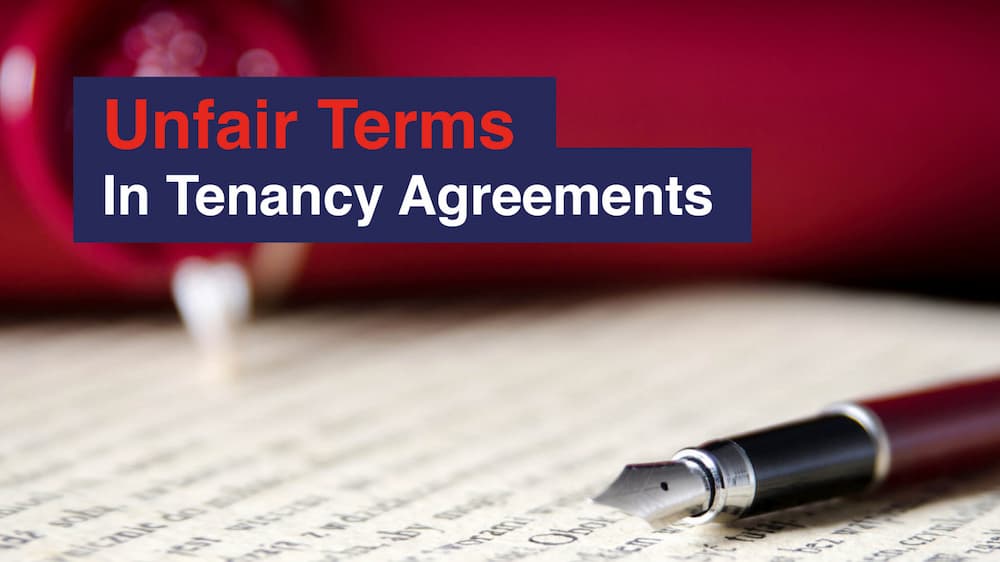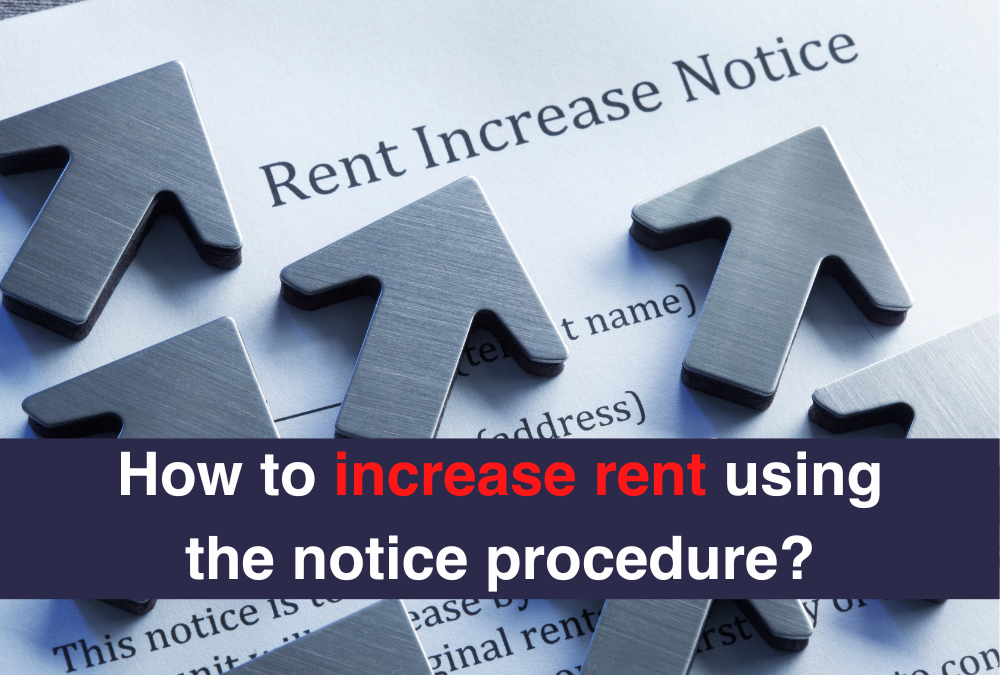It is probably safe to say that almost everybody finds legal documents confusing. Even lawyers find them difficult to understand sometimes!
Standard terms and conditions are even more confusing. Written in small writing making them difficult to read, and usually involve long words and unusual phrases, it is not surprising that some people don’t even read them.
Things are better now than they have been, due to the Unfair Terms in Consumer Contract rules.
The regulations were introduced in 1995, to help consumers by outlawing unfair and incomprehensible contract terms. They have now been incorporated into the Consumer Rights Act 2015.
Horizon Lets have looked at the regulations and the effect that they have on standard tenancy agreements.
The Regulations
The regulations are aimed at contracts made between businesses and consumers, and contracts which are drafted in advance and presented to the consumer to sign, rather than contracts which are agreed after terms have been negotiated.
The Regulations apply to terms that have not been individually agreed with the consumer by applying a test of fairness. If any of the standard terms fail this test, then they will not be enforceable.
The regulations, however, do not apply to core terms. These are terms which set the price or describe the subject matter of the contract. In a tenancy agreement, this would include the rent and the description of the property to be let.
A standard term will fail the test of fairness. However, a term which affects the consumer’s rights may be valid if it is done in a fair way and is reasonable.
It may also be a helpful if unusual clauses, or those which adversely affect the tenant’s interest, are put in a box or in bold type.
When drafting their standard contracts, suppliers, including landlords, are now under a duty to respect consumers interests and not to take away rights that they might previously have had, or do anything to put the consumer at a disadvantage.
It is important to note that when considering the regulations in legal proceedings, a court will look at what legal rules would have applied if a contract term did not exist, and then consider whether the term has unfairly altered this position.
This means you need to have a very in-depth knowledge of landlord and tenant law when dealing with tenancy agreements to ensure you avoid breaches of the rules!
The regulations also require the use of plain language. Terms will be considered unfair if they are written in a way that could mislead a person who is not legally trained. Lawyers drafting contracts for consumers should, therefore, avoid legal jargon and references to statutes which the ordinary person will not understand.
The Regulations and Tenancy Agreements
It has been confirmed that the regulations apply to most tenancy agreements. The only landlords who may be exempt are those who are not letting property as a business – i.e., people who are letting their own home. Even then the regulations will apply to tenancy agreements where the property is let via a letting agent.
The regulations will not apply where the tenant is a limited company, as a company is not a consumer or to tenancy agreements which were signed before the Regulations came into effect in July 1995.
This means that landlords and letting agents must be careful to ensure that their agreements conform to the regulations. Unfortunately, many tenancy agreements that were drafted years ago would fail the tests today, particularly standard agreements that have been adapted by landlords and letting agents for their own use, without taking legal advice first.
The effect of non-compliance
If a term is found to be in breach of the regulations it will be invalid.
If a landlord sues a tenant for penalty charges which have not been paid, and the Judge at the court hearing finds that the relevant clause in the tenancy agreement is in breach of the regulations, then the penalty charges will not be payable, and the landlord will lose his case.
This will not affect the rest of the tenancy agreement which will still be enforceable.
Enforcement
Before its closure in 2014, the Office of Fair Trading (OFT) was responsible for enforcing these regulations. This role has now been taken over by the Competition and Markets Authority
If it considers a term to be ‘unfair’ it has the power to take action on behalf of consumers, in general, to stop the continued use of the term, if necessary, by seeking an injunction.
These powers are also shared with a range of other enforcers such as local authorities providing a trading standards service and Which? formerly known as the Consumers Association.
Part 8 of the Enterprise Act 2002, which came into force in June 2003, gives enforcement plan against traders which breach consumer legislation. They can seek enforcement orders against businesses that breach UK laws where the collective interests of consumers are harmed.
If the business does not stop the offending action, eventually it can be forced to close.
So far as the courts are concerned, they will strike down a clause referred to in litigation if they consider that it is unfair – However, they will only look at any clauses in question in the litigation and will not review the whole agreement.
You need to keep your tenancy agreements under review. Using a photocopy of a printed tenancy agreement you bought years ago (particularly if it is before 2002) will almost certainly put you in breach of the regulations.
Related Articles
- Legislation Update: EICR
- Data Protection – Our Guidance for Landlords
- Landlord Responsibilities – Gas Regulations
- Right To Rent Checks
- Rent Arrears & Debt Extension








